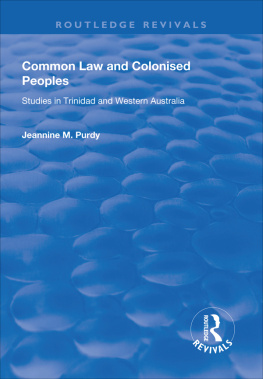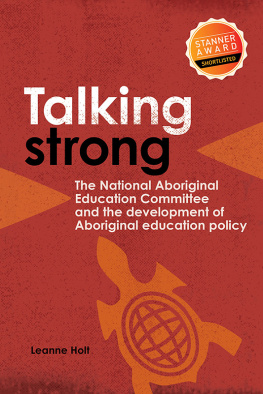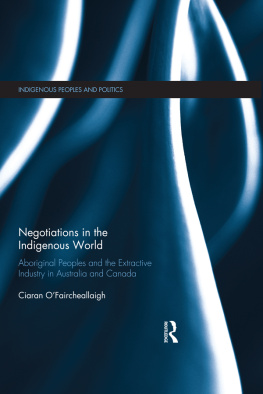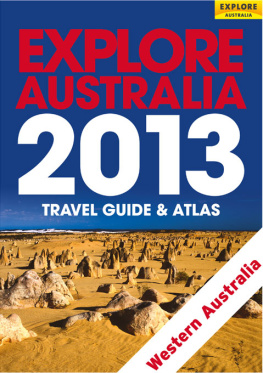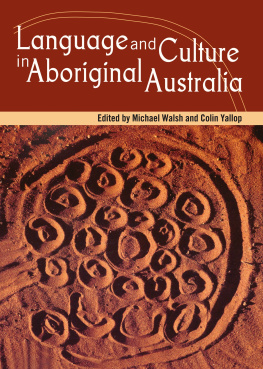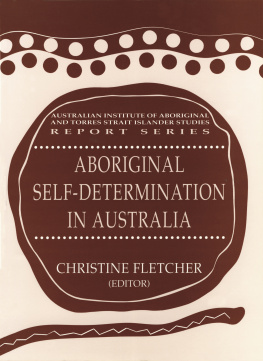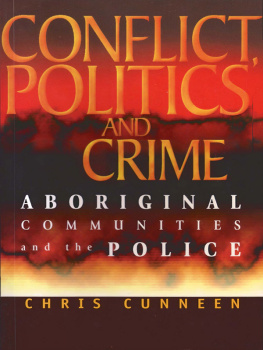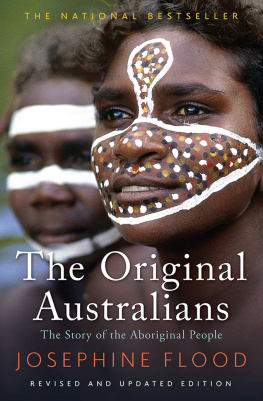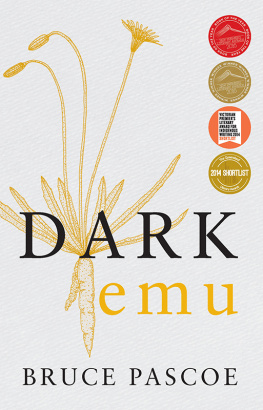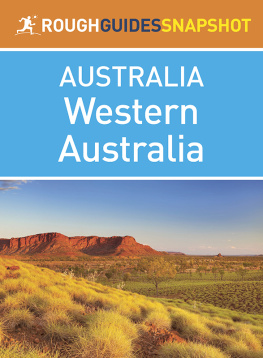First published 1997 by Dartmouth and Ashgate Publishing
Reissued 2018 by Routledge
2 Park Square, Milton Park, Abingdon, Oxon OX14 4RN
711 Third Avenue, New York, NY 10017, USA
Routledge is an imprint of the Taylor & Francis Group, an informa business
Copyright Jeannine M. Purdy 1997
All rights reserved. No part of this book may be reprinted or reproduced or utilised in any form or by any electronic, mechanical, or other means, now known or hereafter invented, including photocopying and recording, or in any information storage or retrieval system, without permission in writing from the publishers.
Notice:
Product or corporate names may be trademarks or registered trademarks, and are used only for identification and explanation without intent to infringe.
Publishers Note
The publisher has gone to great lengths to ensure the quality of this reprint but points out that some imperfections in the original copies may be apparent.
Disclaimer
The publisher has made every effort to trace copyright holders and welcomes correspondence from those they have been unable to contact.
A Library of Congress record exists under LC control number: 96041978
ISBN 13: 978-1-138-61233-4 (hbk)
ISBN 13: 978-1-138-61236-5 (pbk)
ISBN 13: 978-0-429-46347-1 (ebk)
Yeah, so Im called a bastard
an animal, a trouble maker;
whilst my accusers watch my brothers
smashed,
thrown into dog-boxes drunk, crying for the
dreamtime.
My memory is still wet with my mothers tears,
flowing by, my fathers grave.
Just another black family
alone and lost in the race for a dime.
As early as I remember,
I was made aware of the differences,
and slowly my pains educated me:
either fight or lose.
One sided, I hear you say.
Then come erase the scars from my brain,
and show me the other side of your face:
the one with the smile painted on with the
colours of the sacred land you abuse.
Robert Walker
In 1990, one of the Commissioners of the Royal Commission which had been appointed to investigate the high incidence of death amongst Australian Aboriginal people in police and prison custody, went to an informal meeting with Aboriginal fringe-dwellers. On meeting one of the spokespeople, Robert Bropho, the Commissioner asked him if he thought it was important for police to study Aboriginal culture. Bropho replied that he thought it was important for police to study their own culture, saying that it was a very cruel culture. The Commissioner either did not hear or did not understand Brophos reply, and agreed that police should have a better understanding of Aboriginal people (Robert Bropho, interview with the author, April 8, 1994; Margaret Jeffery, interview with the author, December 27, 1993).
This study is an attempt to understand my own, very cruel, culture. In saying that, it is clear that I am not seeking to understand that culture on its own terms. On these terms, the propagation of dominant white culture has been a civilising mission antithetical to the barbarity and violence of those whom it has sought to civilise. In place of such a representation, I have attempted to understand dominant white culture as it might be perceived by those upon whom it has been imposed, the colonised. From such a perspective, it is often exploitation and violence which characterise the civilising mission. And in such a context, the role of colonial law, as the focal site of legitimised violence within colonial societies, takes on a highly contested character.
In order to represent something of the nature of colonial law for those upon whom it has been imposed, it has been important to re-appraise a number of matters which are often taken for granted. How is the object of such a study, in this instance the law, to be defined? Who has authority to speak on the subject? How are the issues which are relevant to such a project to be ascertained? The need to rethink these matters has had a number of implications for both the form and content of this work.
In conducting the research associated with this study, it has become apparent that the subject matter of scholarly works on law is often quite a different thing to the law that is known to the colonised. For this reason, the experts cited in this work are not usually those associated with examinations of racism and law. In this study, it is frequently the lives people have lived, more than what they have (or have not) read and written, which gives them authority to speak. And because many of these peoples encounters with law are lived rather than contemplated, law is often known for what it does in daily practice rather than as an abstract discourse or ideological framework.
Emphasis has therefore been given to accounts and data which access the experience of law for colonised peoples, in some instances displacing discussion of legal theory or doctrine. It is the former influences which have also resulted in the adoption of some strikingly unfashionable positions in this work. Not only have I rejected the assertion that we now occupy a post-colonial world, but I have also found that Marxism remains influential or is at least resonant with many colonised peoples understandings of contemporary legal relations.
That is not to say that the representations of law incorporated in this work are either unproblematic or comprehensive. Certainly this study has not been an attempt to provide an encompassing theoretical framework through which readers will be reassured of their own abilities to analyse and know the world in which they live. Rather, I have attempted to indicate that theoretical frameworks are not enough precisely because they reassure us of the adequacy of our own knowledge and therefore displace any serious and practical engagement with those people whose knowledges are not necessarily elaborated as theory or academic discourse.
This study has been shaped by such an engagement. It is important to note however that this engagement is not one which renders colonised peoples the objects of my study. Instead, it is an engagement which is essential if we are ever to move beyond comforting and self-legitimating understandings of ourselves, and to recognise something of the character of our culture and institutions, including law, for the peoples upon whom these have been imposed.
Notes
Robert Walker was an Aboriginal man who died in Fremantle Prison, Western Australia in 1984, at the age of twenty-five. His death was the result of being crushed to death by prison warders, after sustaining a battering with batons. Walkers death was one of ninety-nine Aboriginal deaths in custody examined, and legitimated, by the Royal Commission into Aboriginal Deaths in Custody (RCIADIC) (Aus, RCIADIC 1991a, 1991d; Purdy, 1992a). The poem is taken from the Royal Commission report of the inquiry into Walkers death (Aus RCIADIC 1991d, p.1).
I use the terminology of Aboriginal and Aborigine despite the problems associated with this usage given the construction and imposition of such an identity by the non-indigenous population of Australia. Although indigenous peoples own identification is often more directly with one of the many distinct socio-linguistic groups which comprised the original population of Western Australia, the indigenous peoples of that state often use these generic terms to refer to the broad grouping of indigenous peoples of Australia. Fringe-dweller is another term which has been adopted by Aboriginal people to describe those who live on the fringes of towns, in camps and shanty towns; also known as humpies. These Aboriginal peoples have few, if any, of the amenities regarded as basic for non-Aboriginal communities in Australia, and their living conditions are often described as Third World.

